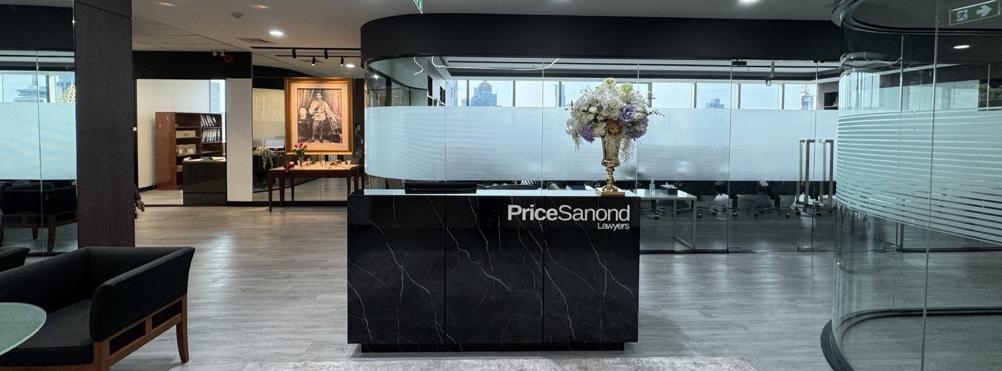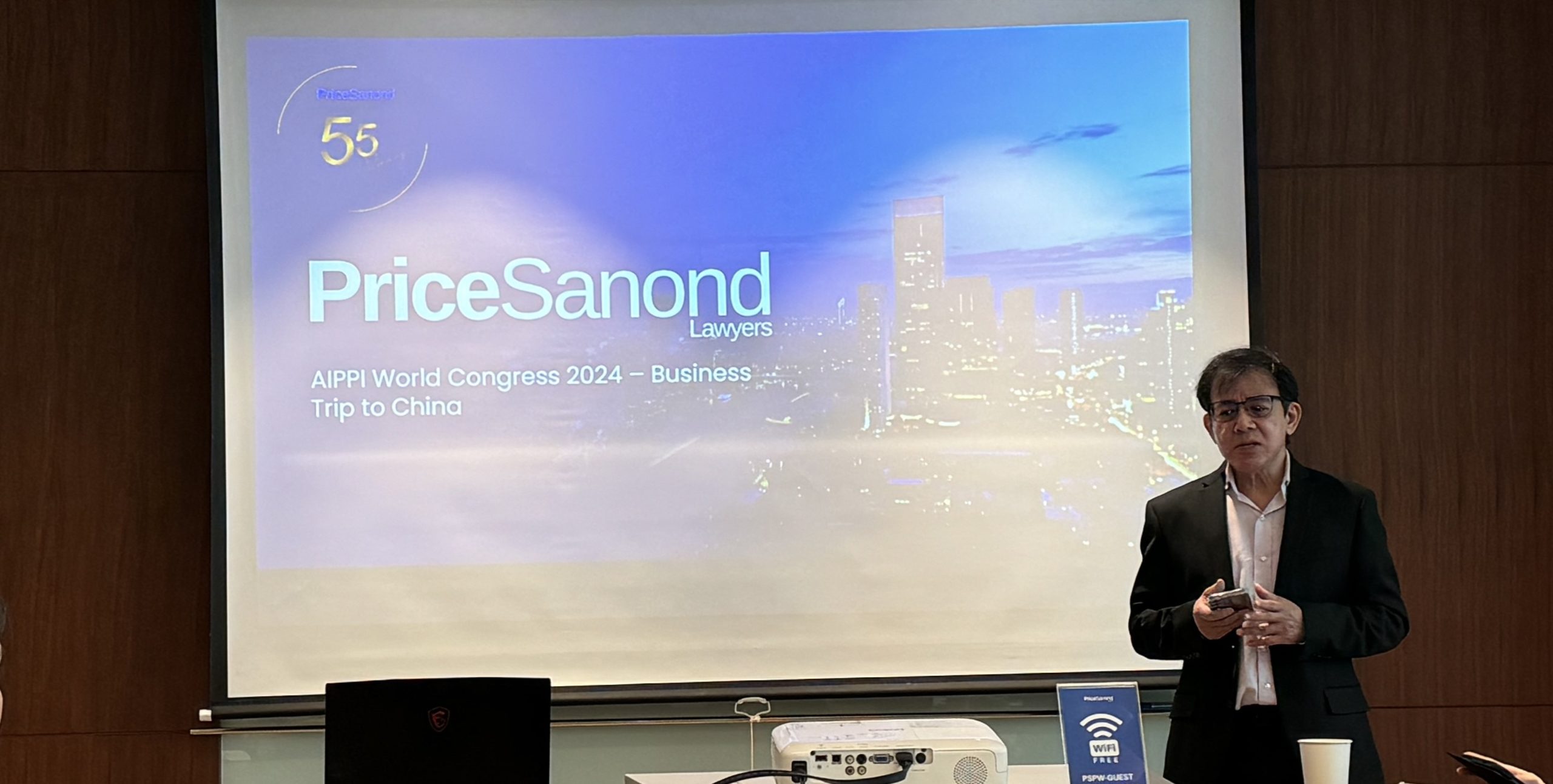PriceSanond: Lawyers in Bangkok, Thailand
We have a diverse clientele consisting of US, European, Middle Eastern, Thai and other Asian multi-national companies engaged in a wide range of businesses in Thailand. Many of these companies are either doing business in Thailand as wholly owned subsidiaries or joint ventures. Our clients range from small private enterprises to well-known Fortune 500 and major Japanese corporations.









